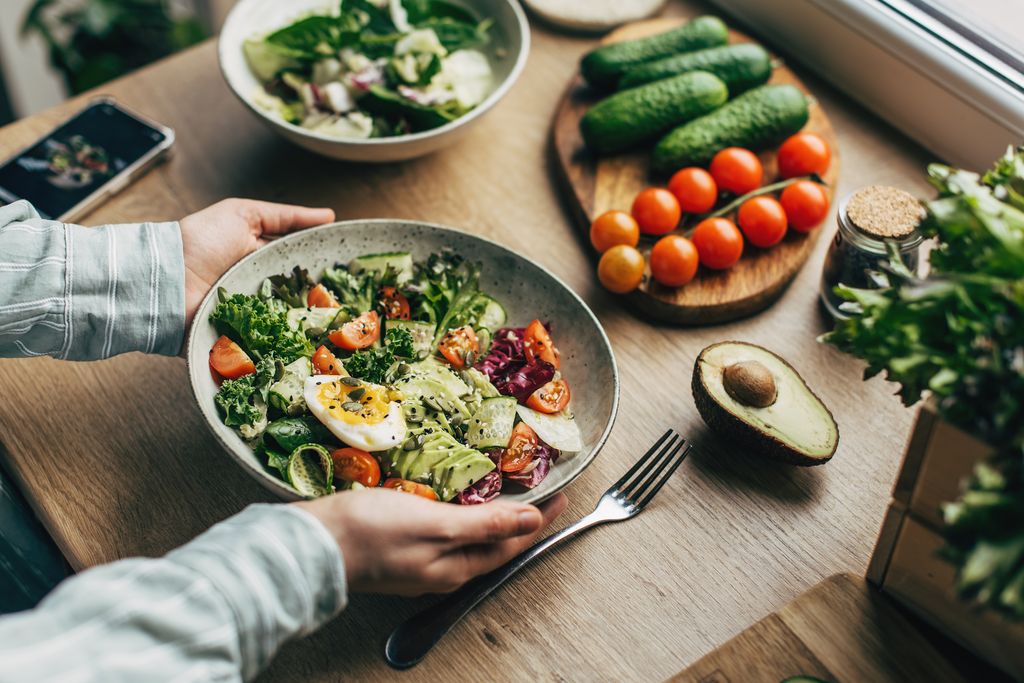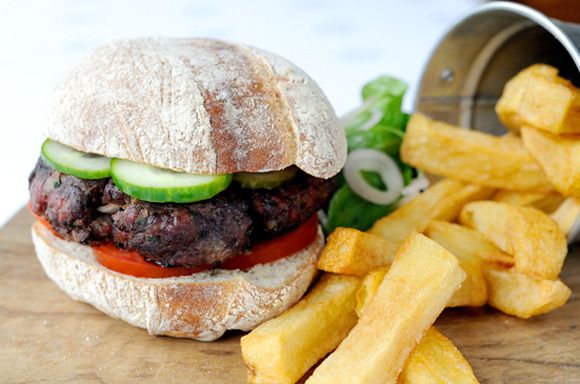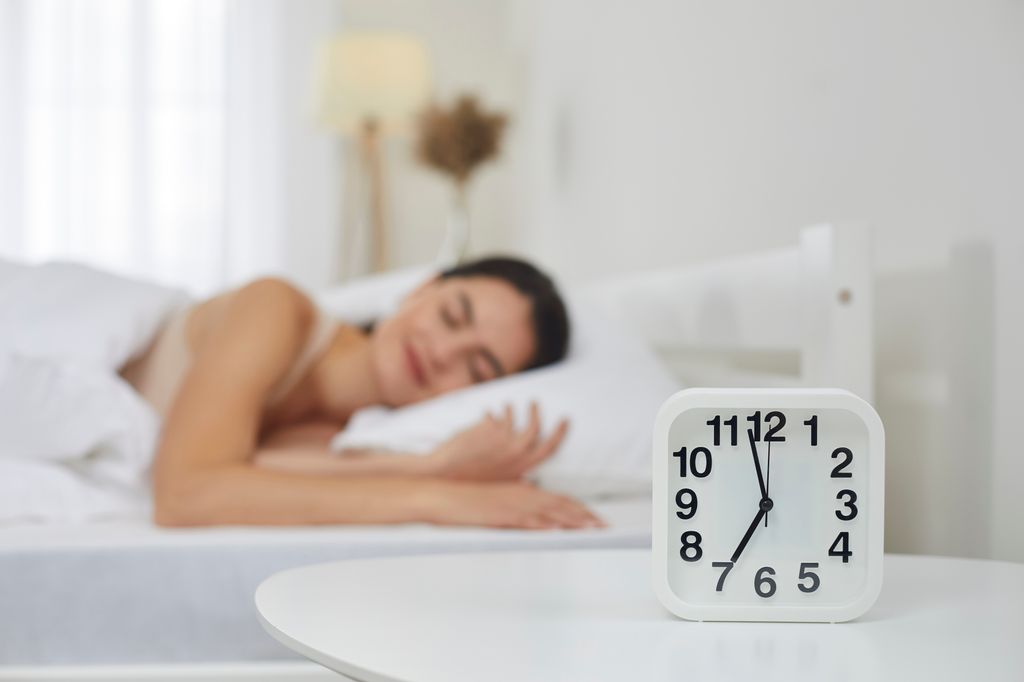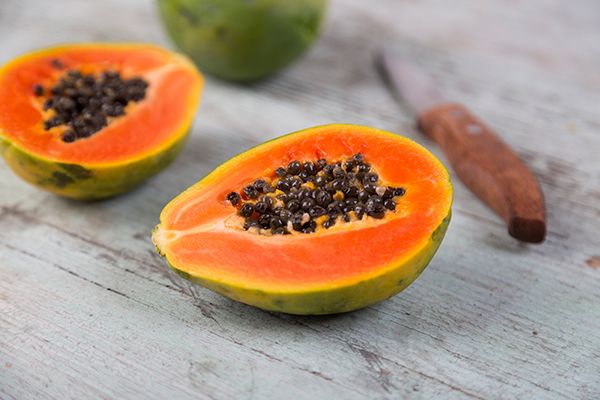Sleep disturbances, particularly insomnia, are a widespread issue, affecting a significant portion of the population, especially postmenopausal women.
The National Institutes of Health reveals that sleep disturbances vary greatly across different life stages, ranging from 16 to 42 per cent before menopause, 39 to 47 per cent during perimenopause, and a staggering 35 to 60 per cent after menopause.
Insomnia, a serious medical condition characterized by difficulty in either falling or staying asleep, can have profound negative impacts on an individual’s life.
Around menopause, hormonal changes can disrupt sleep patterns due to altered sleep requirements, increased irritability, and hot flashes.
Recent research has begun to uncover the potential link between the dietary habits of menopausal women and their risk of developing insomnia. This exploration into dietary patterns was conducted on over 50,000 postmenopausal women (average age 63), who were part of the Women’s Health Initiative study between 1994 and 2001.
READ: Davina McCall reveals which ‘specific workouts’ are key to helping menopause
Researchers assessed their carbohydrate intake in various forms: glycemic index (GI) and glycemic load (GL), amounts of added sugars, starch, total carbohydrates, dietary fibre, and specific carbohydrate-rich foods like whole grains, processed grains, whole fruits, vegetables, and dairy products.
Over a follow-up period of three years, they observed the participants’ risk of developing insomnia.
The findings were revealing. Women who consumed diets higher in GI, as well as those with increased intake of added sugars (including white and brown sugar, syrups, honey, and molasses), showed a higher risk of developing insomnia. Conversely, a lower risk was observed in women who ate more whole fruits and vegetables.
The researchers meticulously accounted for various potential confounding factors, including demographic (education, income, marital status), behavioral (smoking, alcohol, caffeine intake, physical activity), psychosocial (stress, social connections), and medical (body mass index, various medical diagnoses, hormone therapy, snoring) aspects.
Understanding the glycemic index is crucial here. GI is a scale ranking foods from 0 to 100 based on their effect on blood sugar levels post-consumption.
High-GI foods, which are rapidly digested and metabolized, causing blood sugar and insulin spikes, include processed grains (bread, pasta, baked goods, white rice) and foods with added sugars (sugary drinks, sweets). Low-GI foods, which do not cause significant blood sugar and insulin spikes, include most fruits and vegetables, legumes, beans, nuts, seeds, and whole grains.
Researchers hypothesize that high-GI foods may induce insomnia due to the rapid spike and subsequent crash in blood sugar levels.
After peaking, blood sugar and insulin levels tend to plummet, potentially leading to symptoms that can disrupt sleep. This hypothesis is supported by multiple studies cited in the recent research.
The link between nutrition and various health aspects, including sleep, is well-established. Diet quality correlates with the risk of heart disease, strokes, dementia, depression, and cancer.
This recent study adds to the growing body of evidence suggesting that diet can also influence the risk of specific sleep problems.So, how can postmenopausal women utilize these findings to improve their sleep and overall health?
Beyond practicing good sleep hygiene, here are some dietary strategies:
Low-GI Food
Focus on consuming fruits, vegetables, beans, legumes, nuts, seeds, whole grains, and lean proteins instead of processed grains and added sugars. For example, choose plain yogurt with berries and nuts for breakfast over cereal or bagels; opt for a dinner of roasted vegetables and grilled salmon instead of pasta and meatballs.
Avoid Large Meals Before Bedtime
Aim to have your last large meal at least three to four hours before going to bed. This prevents going to bed with a full stomach, which can disrupt sleep.
Choose Healthy, Light Bedtime Snacks
If you need a snack closer to bedtime, avoid sugars and processed grains. Opt for balanced, plant-based options like sliced apple with almond butter, blueberries with nut milk, or hummus with carrots.
Faye James is an accredited nutritionist, member of the Australian Menopause Society and author of The Menopause Diet
Read More: World News | Entertainment News | Celeb News
HelloMagazine












